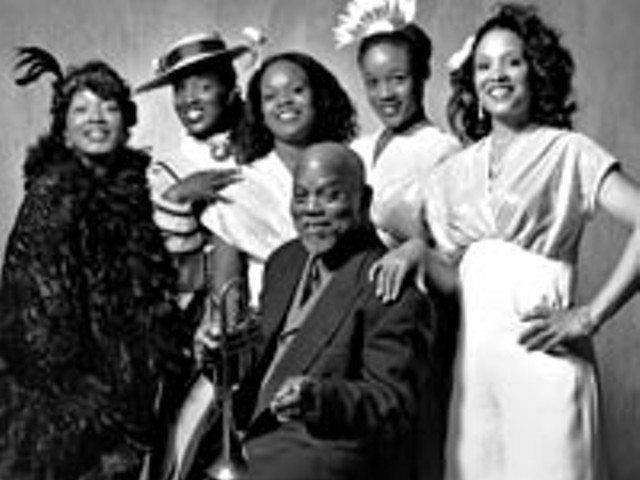Her sentences seemed to have the cadence of irregular breathing, so I needed to adjust my reading process, prepare for either the random parenthetical thought or for a sudden stop, a caesura, in midclause. Once I became pleasurably lost in the narrative, though, I realized that first-time novelist Lynn Crawford’s syntax had less to do with sound than with sight: Her prose flickers more than breathes; like a movie camera, it anticipates the path of the human eye. She accomplishes this word-cinema feat through the frequent use of absolutes, those neglected but most versatile of noun phrases:
“She — sweatshirt and pants, exercise sandals showing polished toes, rough heels — hands a bunch of chrysanthemums to the door person. His eyes filled with tears, she wipes them.” Or, “He, hair mashed down from the rain, stands there, startlingly handsome.”
It’s how we watch people, stories, texts, life itself. The mind follows where the eye takes it. A scrap of paper flitting in the wind, a bird caroming off the bay window, hair dripping rain — our eyes are compelled to follow the flash of movement or of changing color, with little thought given to why or where. It’s only when the process is engineered in a novel that there’s the luxury of reflection.
So when we watch the busy, nearly obsessive preoccupations of Crawford’s women in Simply Separate People, we can later reflect that “desperate,” not “obsessive,” is a truer characterization of their lives. Happily, the desperation does not devolve into a novel of nihilism, but into a pep talk for hope.
Having authored one rather experimental short story collection (Solow) and one postmodern novella (Blow), Crawford, of suburban Detroit, has played it structurally safe with her first novel, with above-average results. The familiar theme of Simply Separate People is loss and how to survive it. Four different narrators work through the novel and their own pain by immersing themselves in passionate distractions — cooking, sewing, gardening, exercise, yoga, meditation, nutrition. In fact, the book’s early going seems to imply a sardonic portrait of the narcissistic young urban professionals (yuppies) of recent yesteryear, until the reader learns that the characters (uniquely and functionally named Physh, Trowt, the Seamstress, Pumper, Bry and Euge, among others) can only successfully deal with the tragic loss of family by becoming self-valuing and purposeful in dedication to trades, professions and interests. These include everything from growing organic food to studying and practicing “appearance analysis” (psychoanalysis of hair, makeup, clothes and accessories).
The lives of the four connect so that they learn one other’s traumatic stories. But merely sharing the pain holds little therapeutic value in and of itself, as observed by Physh who has lost her entire family: “Anger isn’t enough to unite people, and sadness really isn’t either.”
Instead, they share talents, skills, information and love for one another, essentially surviving the deaths by throttling up their own lives. Recover from death by living full, Crawford coaches. Work through grief by celebrating yourself and those close to you! Become healthy, strong, sexual, fertile, skilled; be the best you can be to get past the pain! Every image you see in life (thus, the absolutes) comes on a menu, so eat!
But Crawford, crafty, does not let her moral slip show. Mentored by the enigmatic and minimalist novelist Harry Mathews, she lets her sexual, funny and very human characters take turns chronicling their sagas like Chaucerian pilgrims or Louise Erdrich elders. There’s Pumper, for example (named “Pumper” because she works at a gas station in order to meet as many people as possible), on the genesis of her love affair: “I was attracted to how he put his hands in his pockets.”
Or Trowt (his nickname from his tenure in a rock band stuck), a chef, whose secret ingredient in his chocolate cookie recipe triggered rage in the pets of those who ate them. Or the Seamstress who gave “donut and wine” rather than cheese and wine parties, since people seemed to relate and have more fun at the former.
As with a lot of first novels, there may be too much telling and exposition, not enough dialogue and insufficient real-time character interaction. These may be perceived as shortcomings, and they combine to make SSP read more like nonfiction, or a round of memoirs, than a novel. But in an age in which many fear that fiction’s forum is dwindling and getting drowned out by nonfiction, such a blend may seem natural and market-wise.
David McGrath is a Chicago-based freelance writer. E-mail him at [email protected].





